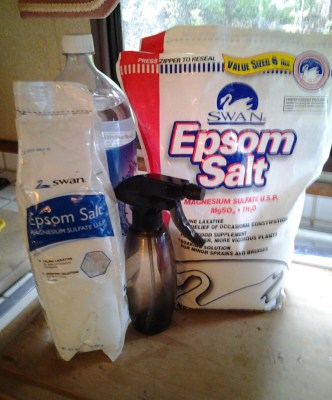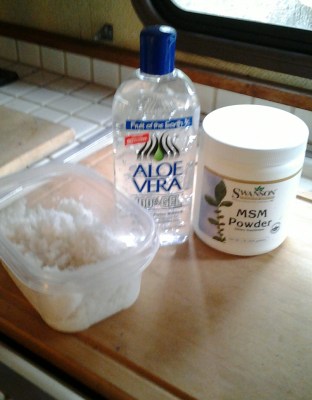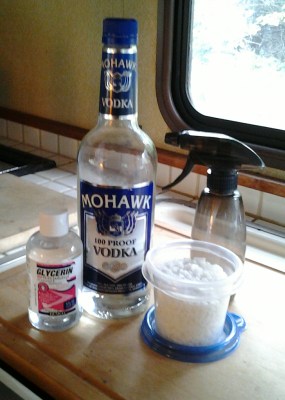Magnesium
The key to good health, the spark of life
8 -
Magnesium
The key to good health, the spark of life
© 2014

Magnesium: Plain and Simple
Magnesium (Mg) is the most critical mineral in the body, responsible for most of its enzymatic actions.
Magnesium is foundational.
However, Magnesium is not a one-
So, co-
Vitamin B6 (as part of B complex)
Bicarbonate
Boron
(Selenium, Taurine and Zinc are added co-
Any foundation needs footers
And that includes the foundational mineral, Magnesium.
My footers are trace minerals. Small amounts of the vast range of minerals in the body.
Trace Minerals
How to measure Magnesium.
The standard serum Magnesium blood test does not measure Mg where it does its work, which is inside the cells.
So, the Magnesium RBC blood test provides a better assessment. The CPT code is 83735.
The optimal level of Mag RBC is 6.5.
Magnesium is also one of six critical nutrients, all closely related to support good health.
ZOMBIS
Zinc
Omega-
Magnesium
Vitamin B complex
Iodine
Sulfur
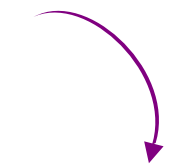
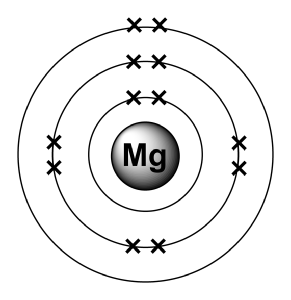

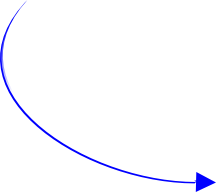
What clobbers, depletes Magnesium?
Pharmaceuticals
Calcium, supplemental
Vitamin D3, supplemental
Copper, unbound
Caffeine, nicotine
Dehydration, sweating
Phosphates
S T R E S S !
Magnesium deficiency symptoms.


Magnesium is also one of the five critical electrolytes.
All need to be in relative balance, otherwise things can go bump in the night.
Magnesium is most vulnerable in that it is water soluble… and, hence, needs to be replenished daily.
The electrolytes are also important to the function of the adrenal glands, especially potassium, sodium and chloride.
The five electrolytes are:
Magnesium
Sodium
Chloride
Potassium
Calcium



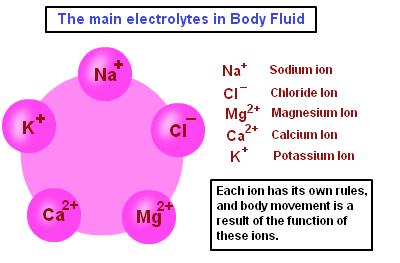
Sources of Magnesium.
Ideally, all nutrients come from food.
But, supplementation may also be helpful.
Magnesium rich foods, with low calcium, its antagonist, include:
pumpkin seeds, raw, hulless
dark chocolate
unsweetened cocoa
stabilized rice bran
seaweed
pine nuts
snails
Magnesium supplements include oral as well as transdermal, IV and IM and via a nebulizer.
There may not be a relationship between price, quality and effectiveness.
What is important is finding the mix of Magnesium sources that serve you well.
These work for me, some for well over a decade:
Oral
Mag Water (Mg bicarbonate)
Milk of Magnesia, plain
Mag Phos 6X cell salts
Transdermal
Epsom salt (Mg sulfate) baths and compresses as well as spray
Mg chloride in Frank’s aloe vera based lotion with MSM
Mag-
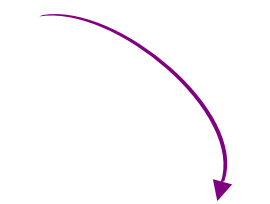
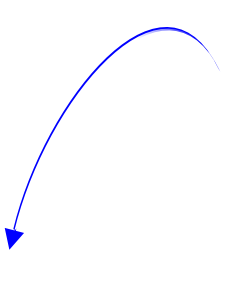
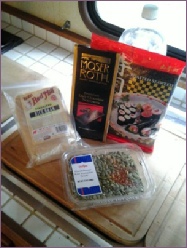
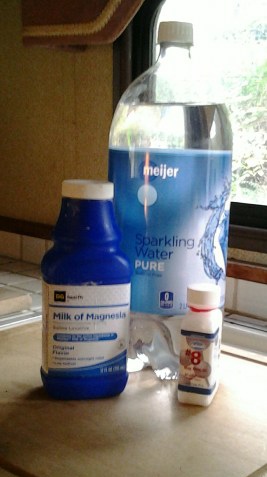
Oral Magnesium supplements.
The rest of the helpful nutrients.
Trace minerals: seaweed, stinging nettles, kale, parsley, unrefined sea salt; liquid minerals
Vitamin B6: stabilized rice bran, nutritional yeast; as part of the whole B complex (activated)
Boron: trace minerals, prunes, raisins; Borax, ionic boron
Bicarbonate: Mag Water, baking soda
Sodium and chloride: unrefined sea salt
Potassium: orange juice, coconut water, sweet potatoes, blackstrap molasses; potassium tablets or capsules.
Calcium: dark leafy greens, broccoli, dairy; but not by supplement unless its ratio with Mg indicates.
Zinc: oysters, beef and lamb, wheat germ; Zinc picolinate, ionic Zinc.
Omega-
Iodine: sea weed, scallops, cod, yogurt; trace minerals, ionic iodine
Sulfur: garlic, onions, cabbage, kale, eggs; MSM
Selenium: Brazil nuts, blackstrap molasses; ionic selenium
Vitamin C: citrus fruits, peppers, kiwi, papaya, pineapple; whole food vitamin C (created with low heat as heat above 105F damages vitamin C)

Learn more about Magnesium.
http://george-
http://www.ctds.info/5_13_magnesium.html
http://www.drmyhill.co.uk/wiki/Magnesium_-
http://therootcauseprotocol.com

Please help keep this site alive. Your support is deeply appreciated.
Thank you.
The adrenal glands like some support with potassium, sodium, chloride and whole vitamin C as found in the
Morley Robbins’ clients succeed with How to Restore Magnesium.
